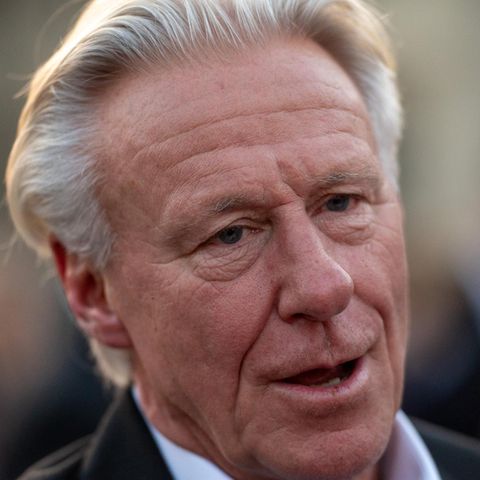It’s a nuisance when shopping: the packaging of a product shrinks, but the price goes up. Such deceptive packaging must be labelled in France from Monday. And in Germany?
From Monday, food retailers in France will have to mark deceptive packaging with a notice on the shelf. This applies to products whose previous packaging contents have been reduced while the price remains the same or is increased, the Paris Ministry of Economy announced. Although this practice is not prohibited, it is often criticized because it is often difficult for consumers to recognize when shopping.
For a period of two months after the package size has been changed, a notice is now required in France to indicate how the quantity in the package and the price have changed. The regulation applies to food and other products, both branded products and supermarkets’ own brands. France introduced the regulation to mark so-called “shrinkflation” during the high inflation last year, when many people complained about high food prices and at the same time felt deceived by smaller packaging.
Call for labelling of deceptive packaging in Germany too
Consumer advocates are also calling for mandatory labeling of such products in Germany. “Consumers must be able to recognize deceptive packaging at a glance when shopping. Products with altered compositions or lower filling quantities at the same or higher price should be provided with a warning for at least six months,” said the head of the Federal Consumer Center Association, Ramona Pop.
The Hamburg Consumer Advice Center has been keeping a list of deceptive packaging for years. Last year, more than 100 products were complained about, more than ever before. Some manufacturers reduce the amount of ingredients while keeping the price the same or increasing it, while others swap high-quality ingredients for cheaper ones. There are particularly many deceptive packagings for luxury foods such as chocolate, biscuits and chips. In most cases, branded products are affected. “Many people don’t notice when they reach for a deceptive packaging when they go shopping every day,” said Michael Knobloch, head of the Hamburg Consumer Advice Center. “People are extremely annoyed.”
The Federal Ministry for the Environment and Consumer Protection (BMUV) announced in a key points paper in June 2023 that it wanted to ban deceptive packaging. According to a spokesperson, the plan is still being coordinated between departments. As Federal Environment Minister Steffi Lemke (Greens) said, unfortunately no agreement has yet been reached with the other federal ministries. “Since many foods are marketed in the same packaging in several member states, uniform European requirements are particularly useful.”
Source: Stern




